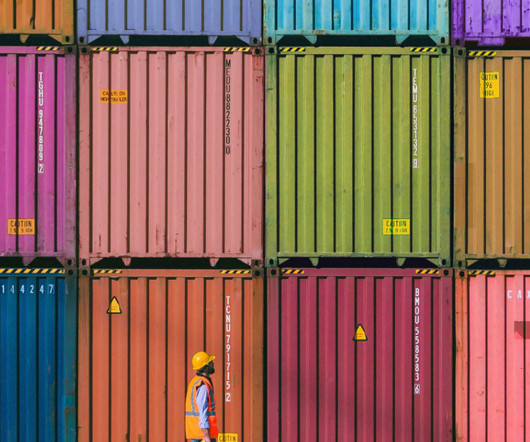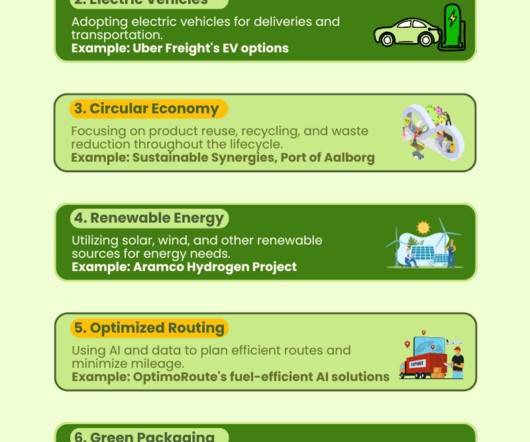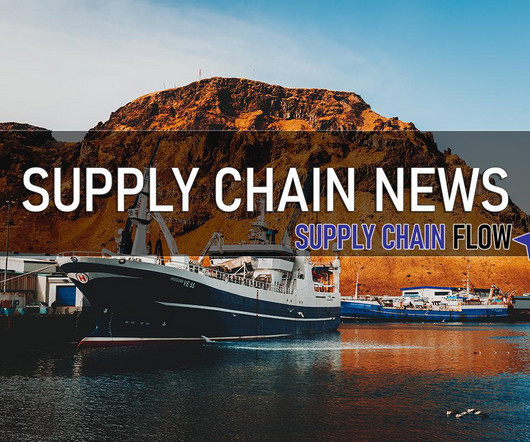Navigating the Top 3 Procurement Challenges in 2025
Jaggaer
FEBRUARY 28, 2025
Procurement Priorities for 2025 and Beyond The manufacturing industry is evolving rapidly, leaving Chief Procurement Officers (CPOs) grappling with challenges that could make or break their organizations. Maintaining revenue and profitability depends on a resilient and adaptable supply chain.
















Let's personalize your content